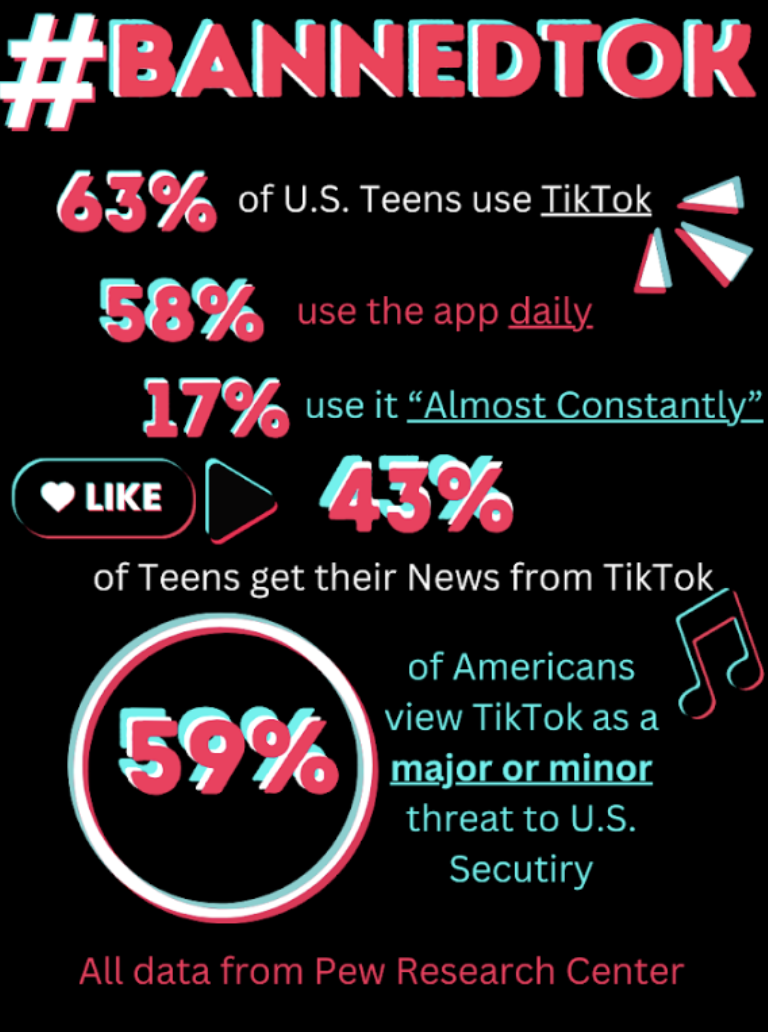By Jack Beck ’18
There is a question before the Supreme Court that could shake unions in the United States to their core. The question is whether or not unions should be allowed to force public workers to pay union dues if those workers disagree with the union’s political agenda. The court heard oral arguments from both sides on Feb. 26 and is still working on coming to a decision.
Janus v. AFSCME, as the Supreme Court case is known, was brought forth by Illinois child-support specialist Mark Janus, who claims that his union forcing him to contribute violates his First Amendment rights because the union is compelling him to support speech with which he disagrees.
Janus is suing American Federation of State, County and Municipal Employees (AFSCME), a public worker union, which is nothing more than an appendage of the Democratic Party (100 percent of its political contributions go to Democrats, according to Opensecrets.org).
While it is against the law for public worker unions to compel non members to directly pay for political activities, in states, like Connecticut, that have not passed, ‘right to work’ laws, they can force public employees to pay an ‘agency fee’ to support the union’s collective bargaining efforts. That means the union gets to decide what spending is political, and the fees are usually between 80 and 100 percent of union dues, City-journal.org reported.
So, presently, the only way for union workers to stop paying for the union’s political activities is for the workers to proactively object and then get a partial refund of what the union claims is the extent of its political spending.
The truth is, this is a scam because the unions know that if they cannot compel workers to pay union dues, most will choose not to do so.
This was proven true in Indiana, when then Gov. Mitch Daniels (R) signed a ‘paycheck protection’ law barring forced collection of union dues. Afterwards, only 5 percent of state employees chose to continue paying and public worker union membership dropped from 16,408 in 2005 to just 1,490 in 2011, according to Nationalreview.com. Wisconsin soon followed suite in 2006 and had, “132,000 fewer union members, mostly teachers and public workers,” according to a Milwaukee Journal Sentinel analysis,
Janus just wants the same freedom to choose. He argues that all spending by public-sector unions is political, and Chief Justice John G. Roberts Jr. seemed sympathetic to this type of argument. In a similar case that deadlocked two years ago after the death of Justice Antonin Scalia, Roberts noted that even negotiations over wages affect the state budget.
According to the scotusblog.com, Roberts also argued that it didn’t matter which public sector the money was going to, it was going to be decided politically.
Furthermore, many workers quit unions when given the chance because they know the unions use their power not to benefit workers, but to enrich themselves. In Wisconsin, the teachers unions used collective bargaining to force school districts to buy health plans from union-affiliated insurers at inflated prices, when they could have gotten much cheaper insurance on the open market.
Once the unions’ power was broken and school districts were able to open their health insurance to competitive bidding, they saved $404.8 million over five years, according to the Maciver Institute. The money was then able to be put into merit pay increases for teachers, and other classroom improvements.
Public union bosses want that money for themselves. They want to dictate spending decisions to state and local governments, and collect mandatory union dues to strengthen their political power. The Supreme Court can end this unconstitutional force. The only way unions will be hurt by this is if the workers they claim to represent reject them.













































